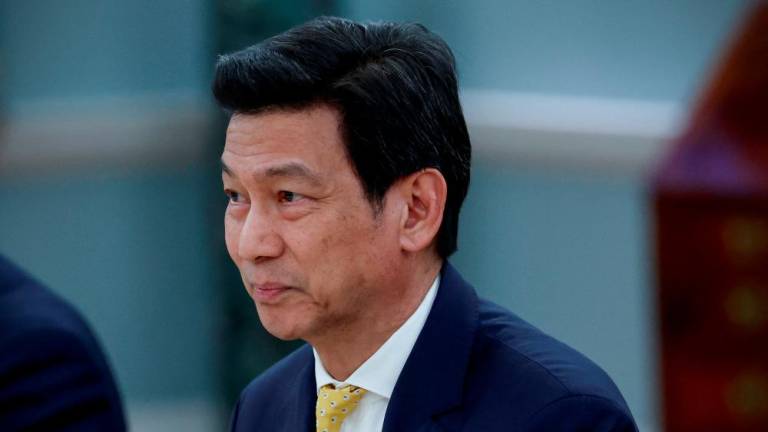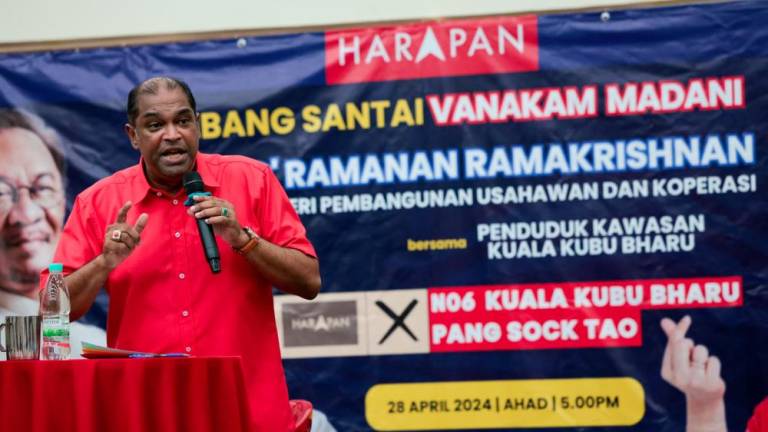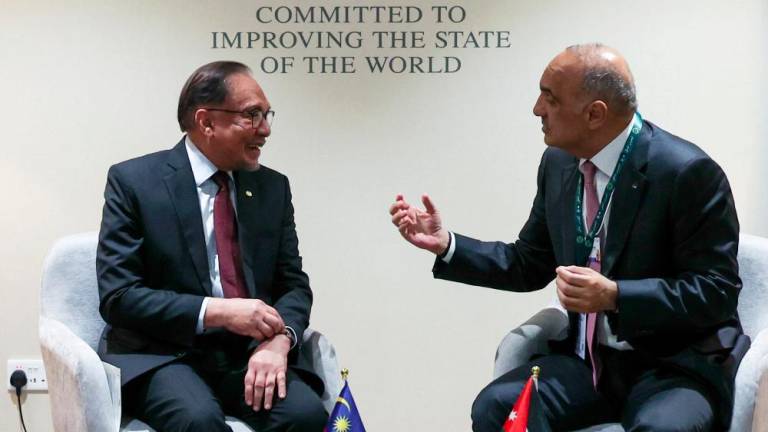IN today’s competitive global landscape, a major factor in ensuring Malaysia’s success is time management. This is especially important for high-ranking officials helming our institutions in the public and private sectors.
Instances of prominent figures arriving late for meetings, dinners and conferences have become all too common. This practice needs to be addressed urgently.
Habitual tardiness can have far-reaching repercussions on the nation. Such behaviour can inadvertently jeopardise productivity, efficiency and competitiveness, and must be stopped.
These senior officials are entrusted with setting a positive example and should consistently demonstrate punctuality.
The adage “time is money” is more relevant now than ever as we strive to recover from the setbacks caused by Covid-19. The infamous notion of “Malaysian time” must be put to rest.
Segambut Member of Parliament, Hannah Yeoh, is a perfect example from whom we can learn valuable lessons in time management. However, individuals like her are in the minority.
Efficient time management from all quarters is pivotal for enhancing productivity and efficiency. This will enable our nation to attain and sustain its competitiveness.
Excuses, such as traffic congestion, lose their credibility when tardiness becomes habitual. Apologising does not make up for the loss of productive time or enhance efficiency.
Few are willing to confront this problem directly. Because no one is willing to “bell the cat”, the issue of punctuality and time management will persist.
This culture of tardiness extends even to press conferences, sports events and social gatherings, where participants are often left with no alternative but to endure the wait.
I recently attended a dinner at a restaurant with a foreign friend, who was keen to be on time, and we arrived at 6.55pm. Despite the invitation clearly stating the start time of “7pm”, some guests arrived as late as 9pm.
It is disheartening to see that our society regards such behaviour as typical. These practices are often overlooked and taken for granted. It is time we change this outdated mindset.
We need to ensure that individuals who are consistently late face consequences while also acknowledging those who are consistently punctual. However, implementing this can be challenging, particularly when it involves senior officials.
Every person’s time holds value, and the culture of punctuality must be actively promoted.
Our influential figures should take the lead in setting an example.
The culture of punctuality is not merely a matter of personal discipline, it is a reflection of respect for others’ time.
Senior officials wield significant influence over societal norms and behaviours. When they consistently prioritise punctuality, it sends a powerful message to the rest of the population.
It signifies that being on time is not just a matter of courtesy but a reflection of professionalism and commitment to the greater good.
Dr Pola Singh










